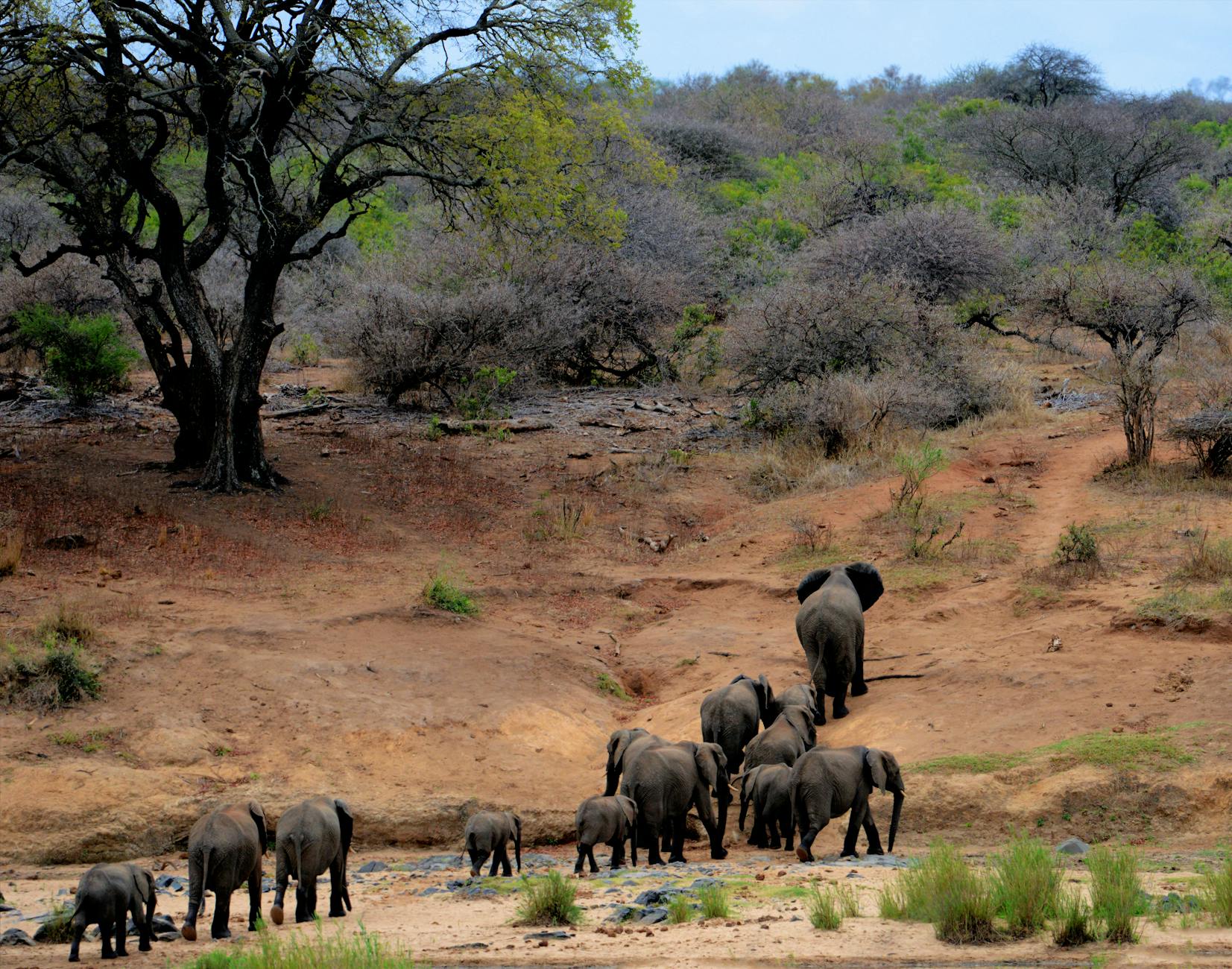In a promising turn of events, Zimbabwe’s tourism sector is anticipated to experience a substantial 6.9% surge in 2024, driven by a resurgence of interest from international tourists and improved accessibility facilitated by strategic infrastructure investments.
Official tourism statistics covering January to September 2023 reveal an impressive 52% increase in tourist arrivals compared to the same period in 2022, with numbers surpassing one million. This boost resulted in a notable 18% rise in tourism receipts, climbing from US$615 million to US$724 million.
The Ministry of Tourism and Hospitality is set to receive a substantial allocation of ZWL71 billion (US$196 million) for the current year, earmarked to spearhead the development and marketing of Zimbabwe as a prime tourist destination. Addressing the 2024 Budget speech, Minister of Finance, Economic Development and Investment Promotion, Mthuli Ncube, emphasized the government’s commitment to building a positive international image and engagement, capitalizing on the country’s inherent resources like climate and scenery, as well as competitive advantages such as robust tourism infrastructure, hotels, transportation networks, festivals, and events.
Infrastructure investments, particularly in airports and hotels, played a pivotal role in the surge of tourist arrivals, according to Ncube. Karl Parkinson, Head of Partnerships at African Bush Camps, highlighted the impact of the new international terminal at Robert Mugabe International Airport, which saw annual passenger capacity expand from 2.5 million to six million.
Despite the positive trend primarily favoring Victoria Falls, Hwange National Park and Mana Pools are yet to witness a comparable recovery in tourism. However, the construction of a new tourism complex at Hwange’s main entrance under a 25-year partnership agreement between the Zimbabwe Parks and Wildlife Management Authority and the International Fund for Animal Welfare is expected to enhance the visitor experience. The complex, scheduled for completion in June, includes a visitor center, tourism offices, a car park, housing for wildlife rangers, and a new gate.
Minister of Environment, Climate, and Wildlife, Mangaliso Ndlovu, expressed optimism about the Hwange project, noting that it would significantly boost the visibility of Hwange National Park, improve the overall visitor experience, enhance security, and position the park as a competitive and must-visit destination.
Additionally, the tourism sector is poised to benefit from a US$1 million allocation for the renovation and rehabilitation of the Great Zimbabwe ruins and the development of protected area management plans for national parks. The private sector is also contributing to the industry’s growth, with notable projects such as the opening of the Bulawayo Sterling Hotel and refurbishments of African Sun Limited’s Hwange Safari Lodge.





